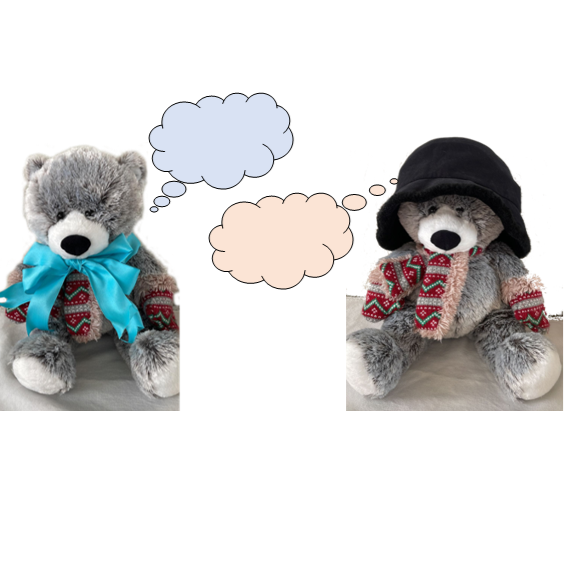
Accentuating Attitudes on Accent
USC Language Development Lab (University of Southern California)
Who Can Participate |
Children must hear the following language(s), and hears no other language(s): 1) Spanish |
What Happens |
This study will take place on a video call, live with a researcher! Clicking on the “Schedule a time to participate” button will send you to an online calendar where you can select a date and time that works for you. This study looks at how toddlers aged 2 to 3 react and respond to different English accents (American, Mexican, and Chinese). In the study, the toddler will listen to a few clips featuring two bears talking in three different types of accents. They will then be asked to answer some simple questions. |
What We're Studying |
Researches have shown that adults and teens often use accents as cues to judge a person’s personality or characteristics. These assumptions about accents can be negative or positive, and this subconscious behavior is referred to as the Accent Prestige Theory. And this study aims to find if the prevalence of Accent Prestige Theory begins at a really young age, like two to three year olds, or if they form these biases at a later stage of development, when children become aware of societal perceptions of each race. If the child favored one accent over the other, I am trying to see if such preference is based upon familiarity of the sound. Findings from this study can help to see if biases based on accents can be lowered by exposing children to various accents at a younger age. |
Duration |
15 minutes |
Compensation |
$5 US or MXN Amazon Gift card, to be received within a week and a half after study. Conditions: One per child, must be in age range, child must be visible during study. |
This study is conducted by Tsugumi Kitayama (contact: tkitayam@usc.edu).